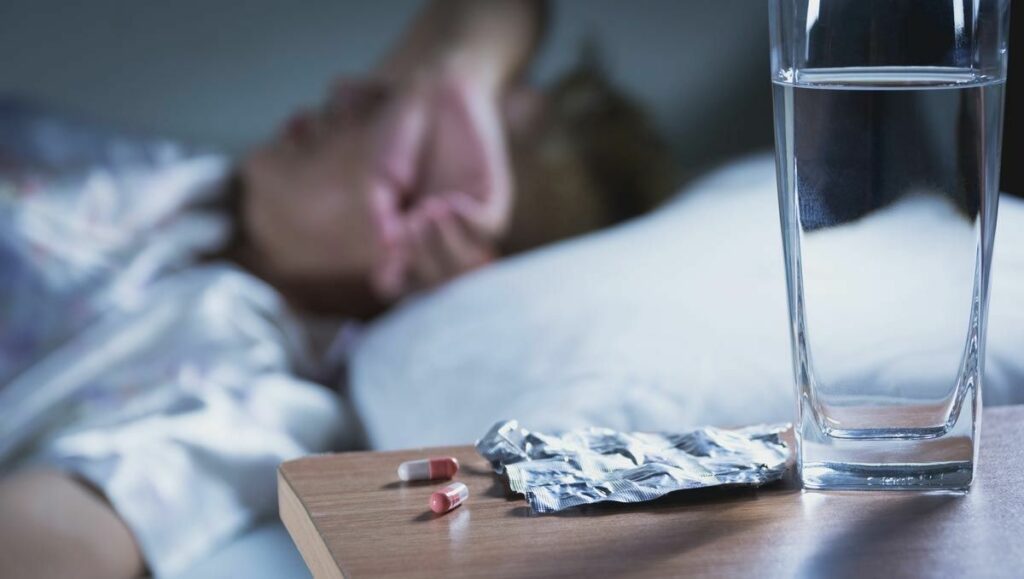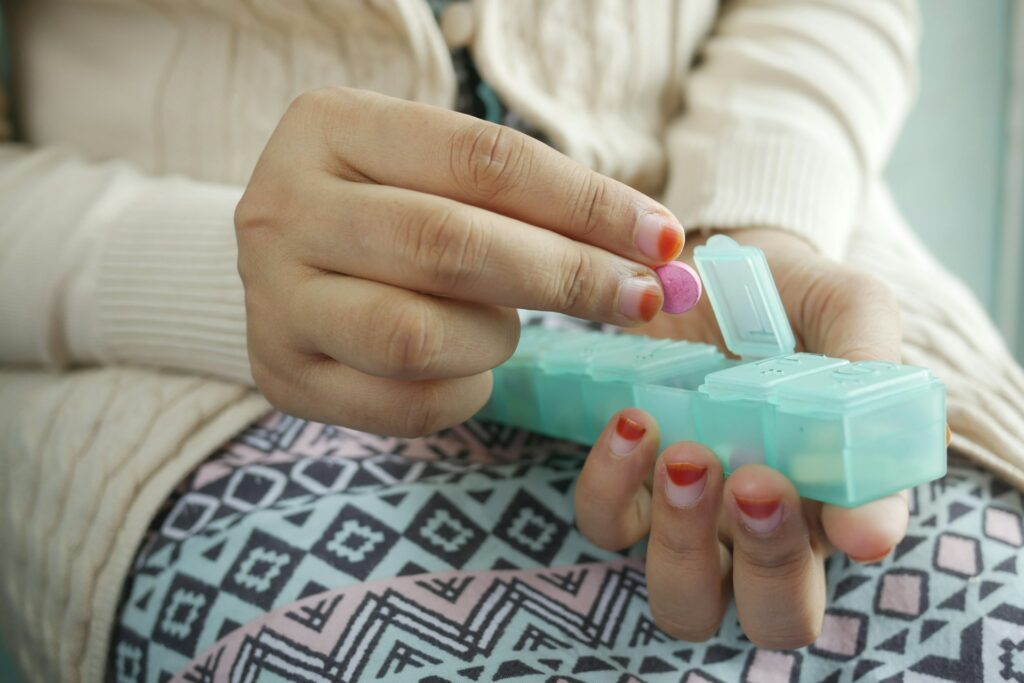Fewer and fewer young people are drinking alcohol and smoking cannabis, but the use of sleeping pills and sedatives has increased, according to a new report by the Flemish centre of expertise for Alcohol and Other Drugs (VAD).
The VAD keeps check of secondary school pupils with an annual large-scale survey on smoking, the use of alcohol, psychoactive medication, illegal drugs, gambling, gaming and social media.
"Young people often feel that most of their peers smoke, vape, drink, do drugs or gamble. Gaming and social media are also manifestly part of young people's lifestyles," the VAD report said. "Spectacular headlines in the press reinforce the feeling that many young people use drugs or have problems with them. This influences the perception of the social norm, but often does not correspond to reality."
Less alcohol, more sleeping pills
The latest survey (school year 2022-2023) shows that the alcohol consumption of Flemish young people is evolving slowly but positively: the average age at which young people drink alcohol for the first time is now 14.9 years (compared to 14.0 years in 2011-2012).
Nearly half of the pupils (48%) have drunk alcohol at some time, and most of them did so in the previous year (43%). These figures are also lower than in 2011-2012, when they were 68% and 58% respectively. In the same period, the number of pupils drinking alcohol at least once a week fell from 18% to 10%.
Cannabis use, in turn, fell sharply over the past decade. While 17% of pupils had used cannabis in 2011-2012, this is now 9%. Last year, 6% of pupils used cannabis, and just 1% uses it regularly.

Credit: Unsplash
What is rising, however, is the proportion of young people using sleeping pills and tranquillisers. The number of pupils who had used these substances at least once rose from 12% in 2011-2012 to 17% last school year. More girls than boys already used sleeping pills and tranquillisers at some point: 20% of girls compared to 13% of boys.
The use of sleeping pills and tranquillisers rises per age group, with 14.5% among 12-14-year-olds, 17.8% among 15-16-year-olds and 19.2% among 17-18-year-olds having used it at least once.
"Knowing what pupils are using is important to work preventively with young people," said VAD director Katleen Peleman, adding that the survey is often a starting point for schools to continue working on an alcohol and drug policy. The centre provides educational packages and support from trained prevention workers.
Peleman added that the pupil survey provides a good insight into the substance used by pupils – information that can be critical for schools. This information is improved when schools repeatedly take part in the survey, allowing them to gauge whether their policy on substances is effective.
In the 2022-2023 school year, nearly 45,000 pupils aged between 12 and 18 completed a survey. The VAD report was published based on a representative sample of 7,500 pupils.

